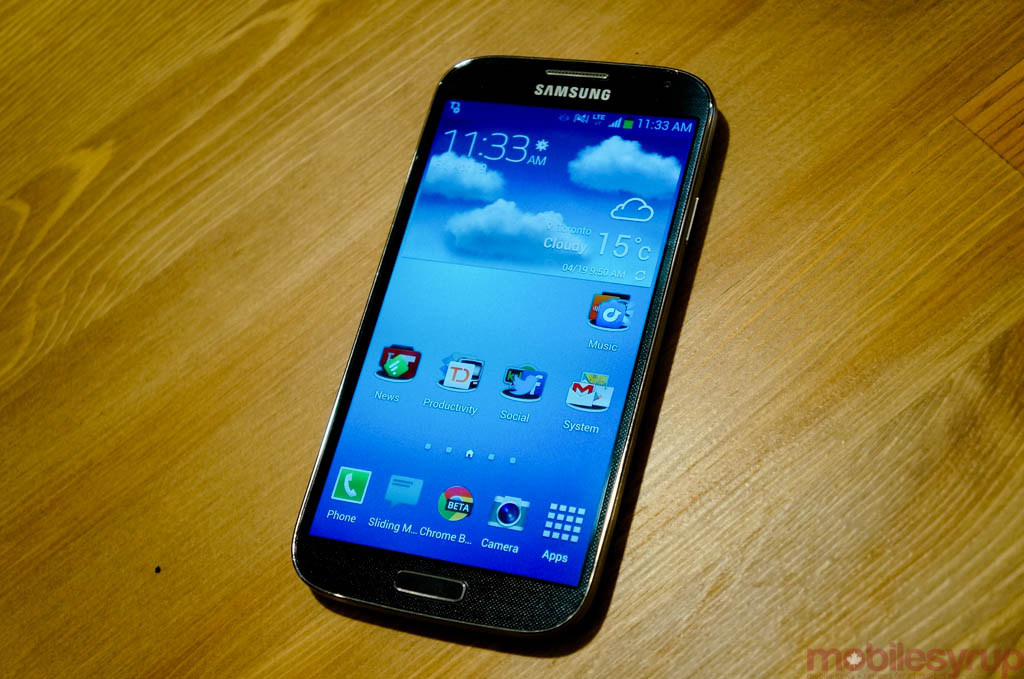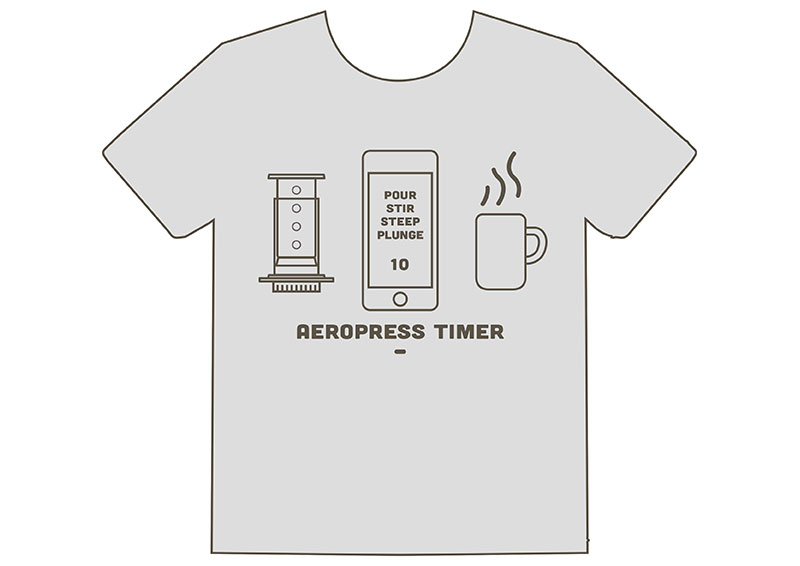
Just as the world frothed in manic fervour over Flappy Bird and its impossible heights, I have been paralyzed by another game. Threes is a time-sucking wasteland of multiples, a self-admitted “tiny” game that has eaten considerably into many peoples’ play — and work — time.
But Threes, like many other popular mobile apps and games, is only available on iOS. As platforms increasingly become dumb pipes for services and content, they’ll be increasingly defined by the third-party apps they offer. Startups typically tend to turn to iOS, the cheaper and less support-intensive development platform, before Android. But for every iOS exclusive, there are hundreds of commenters on hand to request — no, demand — an Android equivalent. How should developers approach this?
Increasingly, they are turning to crowdfunding services like Kickstarter, Indiegogo and, most recently, App.net’s Backer service, as a means to source the necessary development costs.
One such company, Beloved Robot, saw the opportunity to do just that after their popular AeroPress Timer app, currently an iPhone exclusive, received hundreds of requests for an Android version. They are looking to raise $15,000 by March 9th, an estimate that co-founder, Jarrod Glasgow, thinks is a reasonable amount to build an Android app. “This is a pretty solid estimate that we got from a couple of local Android developers that we know do really good work. Although there is some overhead tied to the rewards that we are offering,” says Glasgow, referring to the gifts users will receive from backing the project.
See, unlike a Kickstarter or Indiegogo project which rewards backers with an actual thing at the end of it, AeroPress Timer is a free app; the money being raised is to build it. Backers receive things like stickers or a t-shirt, making the investment more about the eventual payoff. And Glasgow knows that the pickings are pretty slim on Android: “From our perspective there isn’t much incentive in porting AeroPress Timer to Android. So our mindset is that if the hundreds of folks that have requested an Android version helped us up front to get the app built, we would go for it. As difficult as it is to make a steady income in the App Store, it seems doubly difficult to do so on the Android side.”
Clearly, Glasgow is keeping a cool head about the whole thing; he’s only raised $350 of the necessary $15,000 with just over three weeks to go. But there is no downside to this method of development: if the goal is not met, he and his team will just forego the project, period.
Another company, the well-known iOS productivity app, Toodledo, is doing better on its quest to build an Android app. They started on Backer around the same time with the goal of raising $5,000 to hire, in their words, “a great Android developer to take over the project,” and are already over halfway there with nearly a month to go. Like many Kickstarter projects, Toodledo is promising better features and higher rewards if the project hits “stretch goals” of $10,000, $15,000 or $30,000.
Despite Android’s growth as the de facto second mobile platform, crowdsourcing appears to be the only way to ensure that popular apps from smaller development studios make it. Recently, Pebble claimed that though Android is a priority, finding talented developers is incredibly difficult, and it’s time- and resource-intensive to ensure that an app works across a multitude of screen sizes and chips.
More than that, people like Glasgow maintain that it is still difficult to make money on Android. “Even though it’s so difficult to make money in the App Store, it does seem that iOS users are more willing to pay for high quality apps than Android users,” he says.
Recent data backs up that assertion: Android users tend to spend about a quarter that of the average iPhone customer, though the disparity is slowly lessening. With an increasing number of capable Android devices flooding the market — the $200 Moto G is a great example of a performant smartphone with a low cost — the trend will continue to change in Android’s favour, but it’s unlikely that iOS will stop being the development platform of choice.
With Apple likely releasing a larger iPhone this fall, Android’s screen size advantages will soon be a thing of the past. It will then come down to realizing other advantages, such as customizability and the general extensible nature of the operating system, to entice developers. At this point, most people expect a new app to debut with both an iOS and Android version, but more often than not, the latter follows weeks or months later. For developers like Glasgow it’s a matter of demand vs resources, and at this point those who want a version of AeroPress Timer for Android don’t seem to be putting their money where their fingers are.



